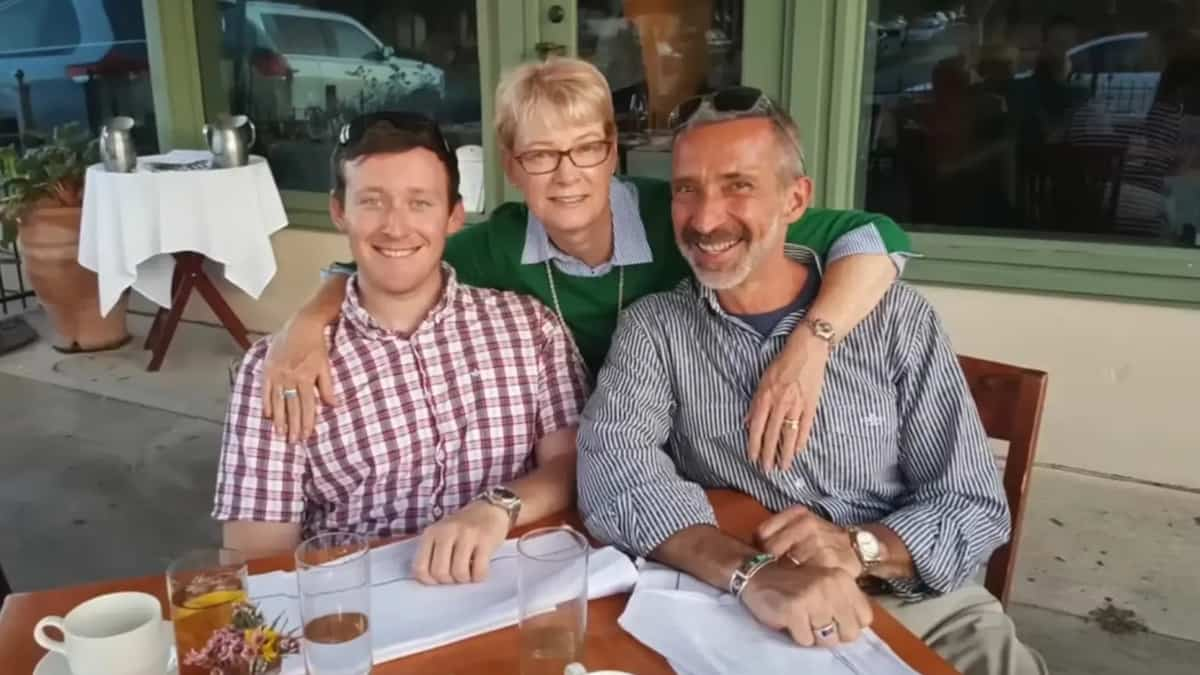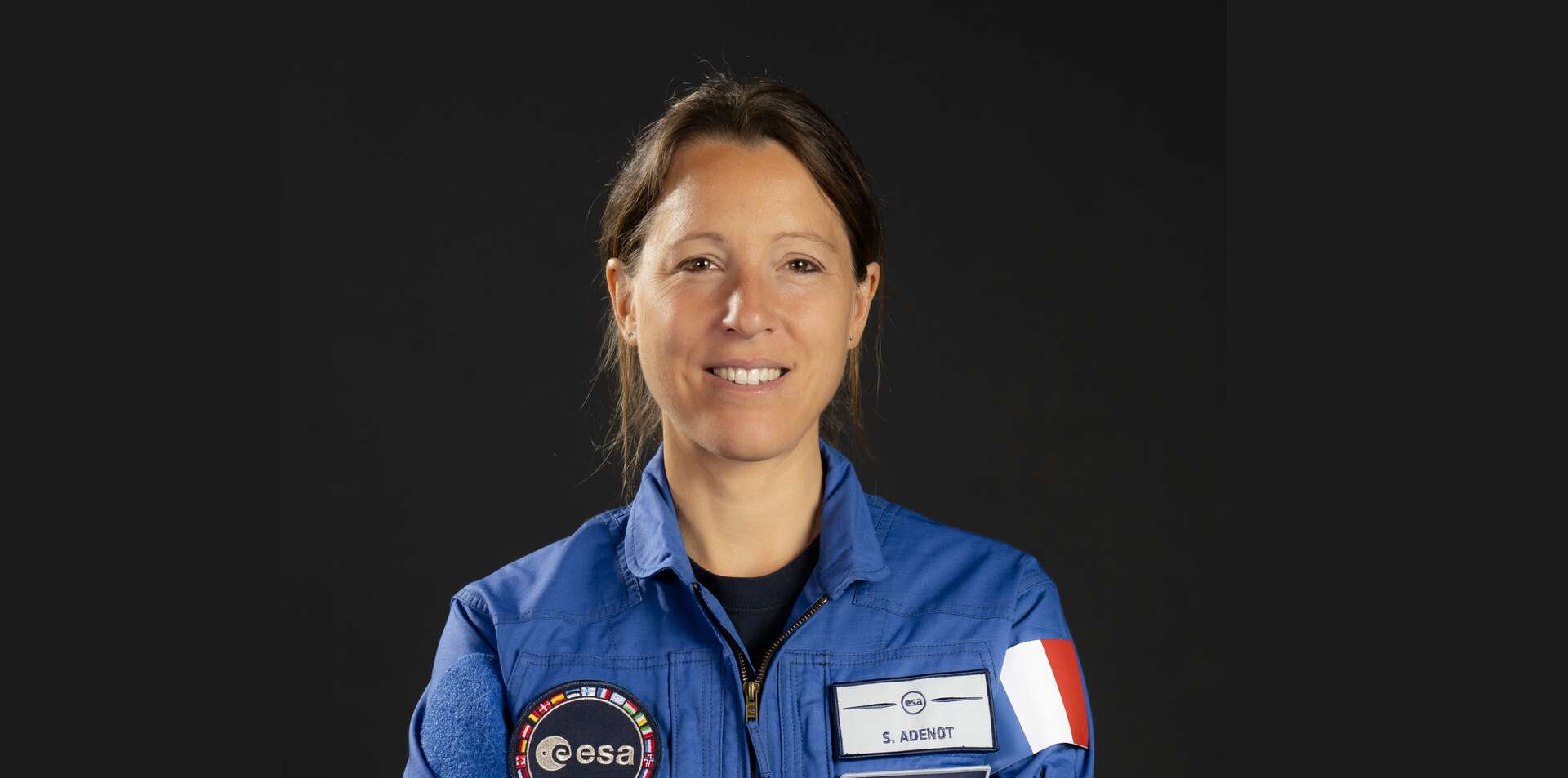(HAVANA) Cubans vote on Sunday to renew their National Assembly for the next five years on Sunday In a ballot not surprisingly, 470 candidates are vying for 470 seats, but where the issue will be is the abstention rate, steadily increasing in recent years.
Eight million voters are invited to endorse 470 candidates, 263 women and 207 men, most of them members of the Communist Party of Cuba (PCC, FRID), slated to occupy the 470 seats in the National Assembly of Popular Power.
Polling stations 23,648 opened at 7 a.m. without incident and are scheduled to close at 6 p.m. In Cuba, voting is not compulsory, but dissent is prohibited.

PHOTO ADALBERTO ROQUE, AFP
Foreign Minister Bruno Rodriguez prepares for the vote in Havana.
Voters have two options on the ballot: select the name of one or more candidates in the constituency or select the option “Vote for All” which means supporting 470 candidates.
“I have voted for all, because in spite of the needs, and the difficulties this country may be in, I cannot conceive of giving my vote,” with his abstention, “to those who would crush us, and trample us, Yankees!” Carlos Diego Herrera, 54, told AFP at a polling station in Havana, referring to the United States, which has imposed an embargo on the island since 1962.
Rachel Vega, a 19-year-old freshman, also voted for all of the candidates. “I think it is a step forward at this time, as we young people feel that we are contributing, through voting, to improving the situation in the country,” she said.
Among the 470 candidates are CPC President and First Secretary Miguel Diaz-Canel, 62, and former leader Raul Castro, 91.

PHOTO ARIANA CUBILLOS, Press Participation
President Miguel Diaz-Canel
“With the united vote (of all), we defend the unity of the country, the unity of the revolution, our future, our socialist constitution,” declared Mr. Diaz-Canel, after he voted in the city of Santa Clara. , 280 km from Havana, where it is nominated.
” waste of time “
This “for all” vote would enable an increase in the legitimacy of candidates who must receive more than 50% of the vote to be elected, while electoral participation has continued to decline recently.
It reached 68.5% in the municipal elections in November, the lowest since the electoral system came into effect in 1976. It was 74% in September during the referendum on the family law, and 90% during the referendum on the constitution in 2019. .
A 19-year-old Cuban woman, who did not wish to be named, told AFP she would not vote on Sunday. “I don’t think the vote […] It will make a positive change for our country. “I think it’s a waste of time,” said this young employee of a kiosk in the capital.
These legislative elections come at a time when Cuba is going through the worst economic crisis in 30 years, with accelerating inflation and an unprecedented wave of immigration, in light of the combined impact of the consequences of the pandemic, the tightening of US sanctions and the country’s economy. vulnerabilities.
In the weeks leading up to the election, the candidates, including the president, waged an extraordinary grassroots campaign to hear Cuba’s grievances.

PHOTO ADALBERTO ROQUE, AFP
Election ad in Havana
Diaz-Canel said after the vote that the “first challenge” for the new assembly “is to completely restructure its system of work in the relationship between deputies and the population.”
The opposition, which was denied candidates, called for abstention on social media.
“Do not participate in this farce. Do not vote on Sunday,” wrote the “Cuba says no to dictatorship” account on Twitter.
Dissident Manuel Cuesta Mauroa, a member of the Council for Democratic Transition in Cuba, believes that there is now “a social force that has become the party of the political majority in the country, the party of abstention.”
In the second half, Miguel Diaz-Canel, the first president to lead the country after years of power for the brothers Fidel and Raul Castro, should be a candidate for re-election in front of the deputies for a second and final term.

“Total coffee aficionado. Travel buff. Music ninja. Bacon nerd. Beeraholic.”





:format(url)/cloudfront-us-east-1.images.arcpublishing.com/lescoopsdelinformation/6EMKJVECS5DDBDHWA56Y3BNEKM.jpeg)

